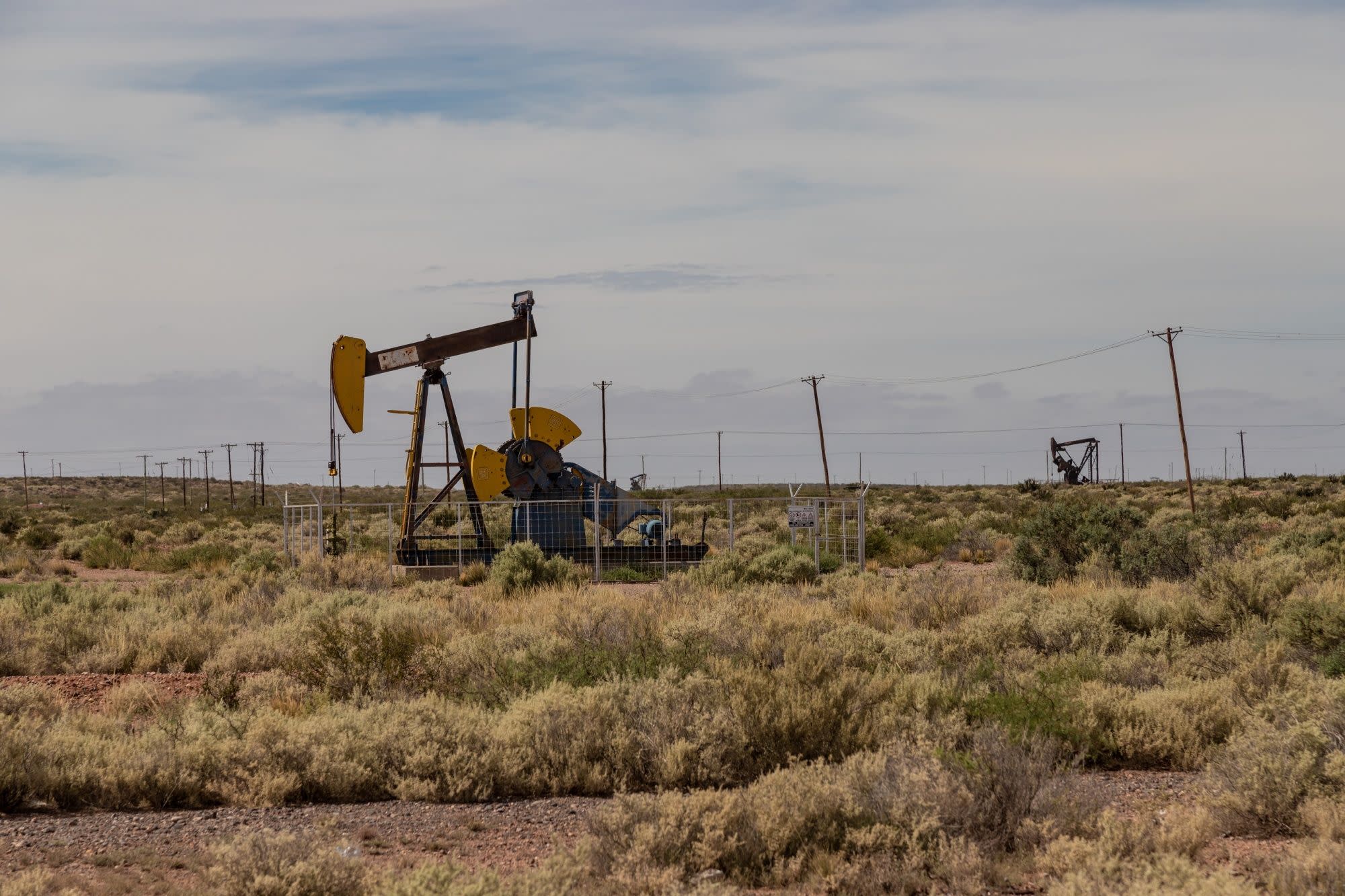Oil Extends Loss Ahead of Talks to Possibly Revive Nuclear Deal

(Bloomberg) — Oil accelerated its decline ahead of talks between world powers to salvage a nuclear deal with Iran while rising virus cases raised fresh concerns about demand.
Futures in New York fell as much as 4.1% on Monday, pushing prices below their 50-day moving average. Iran, the U.S. and the remaining members in the 2015 nuclear deal are set to gather in Vienna on Tuesday to discuss potentially resurrecting the agreement, presenting a possible path toward removing sanctions on the Middle Eastern country’s oil exports. Yet, Iran indicated talks won’t succeed without the U.S. fully removing sanctions.
Meanwhile, governments around the world are struggling to control the spread of Covid-19, which is denting the near-term trajectory of a rebound in oil consumption. France is seeing rising cases as the country enters a third nationwide lockdown, while new daily infections in India hit a record.
The market is under pressure from “the sense that there’ll be a lot more oil shipped out of Iran even before a deal, because customers may feel like the Biden administration is not going to be aggressive in trying to penalize those who buy oil from them,” said Michael Lynch, president of Strategic Energy & Economic Research. There’s also concern “that the Covid variants are going to cause new lockdowns in a number of places.”
After global benchmark crude futures last month suffered their worst week since October, Brent has struggled to break past $65 a barrel ahead of a full-fledged global demand recovery. More Iranian supply coming back to the market and renewed lockdowns complicate the picture for the Organization of Petroleum Exporting Countries and its allies, which agreed last week to raise production by more than 2 million barrels a day over the next several months. Iran’s exports of crude, condensate and oil products could easily reach as much as 2 million barrels a day in the coming months amid a relatively muted U.S. response to higher shipments, according to consultant FGE.
Still, Goldman Sachs Group Inc. still sees “a lot more” output being needed over the northern hemisphere’s summer to meet rising demand, and OPEC+ can adjust their decision as needed when it meets next at the end of April.
Saudi Arabia on Sunday raised prices for May oil shipments to Asia. Aramco, the state energy firm, will increase its grades to the region by 20 to 50 cents a barrel from April. Most prices for North West European customers won’t be changed, while most grades to the U.S. will be cut by 10 cents. The move hinted at Saudi Arabia’s confidence in Asian demand recovering further.
Brent’s nearest timespread remained in backwardation since last week — a bullish pattern in which near-term prices trade at a premium to those further out — signaling tightening supplies.
“Seasonally, demand is getting better,” said Peter McNally, global head for industrials, materials and energy at Third Bridge. “Consensus view is that the market can absorb more barrels and that even with those additional barrels, inventories are going to continue to drop.”
For more articles like this, please visit us at bloomberg.com
Subscribe now to stay ahead with the most trusted business news source.
©2021 Bloomberg L.P.



